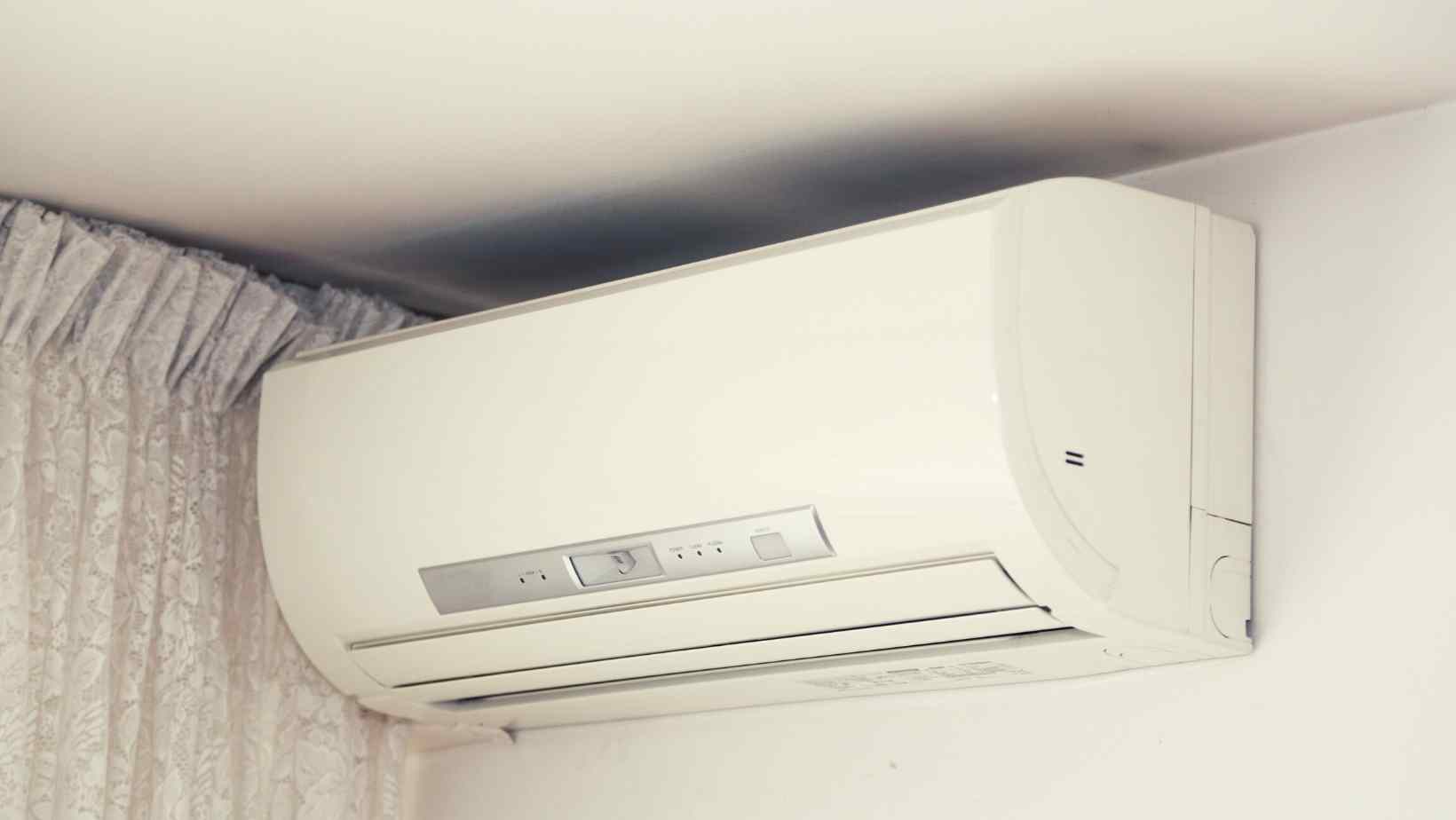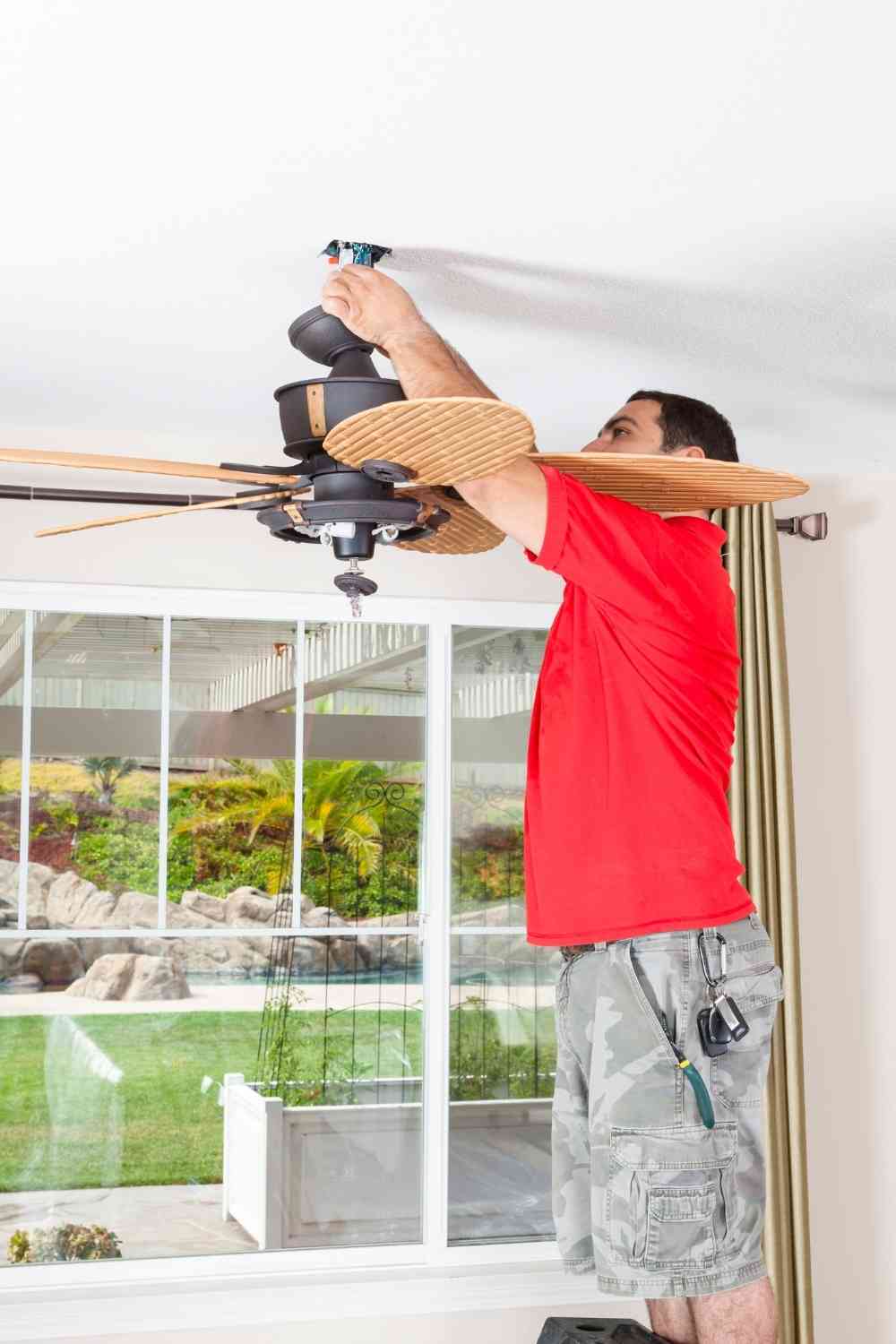Air conditioners perform a wide range of functions, making them an indispensable device in the house or office. A house owner can maintain a comfortable temperature of roughly 20 degrees Celsius by using an air conditioning unit, and surplus moisture can be removed from the air to keep humidity at around 50%. The heat generated by computers and other gear can be reversed by air cooling. Even simple items such as coffee makers gradually raise the temperature in a room. Air conditioners circulate and filter the air, which removes contaminants and mould. This is especially beneficial for allergy and asthma sufferers since it reduces the irritants that provoke an attack.
Air conditioning can help avoid heat stroke, dehydration from excessive sweating, and other hyperthermia-related concerns in hot weather. An air conditioner is a device that removes heat from a room and transports it to an outside location to cool it down. The cool air can then be circulated throughout a structure via ventilation. Colder temperatures and air conditioning actually help us sleep better. One of the most evident health benefits of air conditioning is cooling. However, it has a purpose other than keeping you cool in the summer. When it comes to preventing heat-related illnesses or recuperating from illness, air conditioning can help.

A competent air conditioning system can filter the air and offer healthier indoor air. A special air conditioner 20x23x1 filter eliminates germs, mould, allergens, and pollution from the air, resulting in a better atmosphere for people who suffer from allergies, asthma, or other respiratory problems. Humans are most comfortable at temperatures of roughly 25 degrees Celsius, with a humidity of 50% and particularly air flow rates. The air conditioning system's job is to collect this heat and disperse it to the outside, keeping the space at a comfortable temperature. As the weather warms up and homeowners switch on their air conditioners, these techniques can help maintain them in good shape and make the air conditioner work more efficiently and effectively.
Jump to:
1. Shutting Doors And Windows-
When your windows and doors are open, your conditioned air can simply escape. Turn off the air conditioner if you need to get some fresh air in your house. When the sun shines directly on your windows, closing your curtains or blinds will keep some of the heat from entering your home.
2. Clean Your Filter-
Greatest airflow equates to maximum productivity. A clogged filter not only lowers indoor air quality, but also reduces airflow, making your air conditioner work harder.
3. Unclutter The Outer Unit-
To operate at full efficiency, your system's outside components require free and clean air circulation. If debris or vegetation obstructs your system, it will have to work considerably harder than if the area is kept free. Cut back any tall grass, shrubs, or weeds that have grown up around the unit, and take away any heaps of leaves from the winter.
4. Installing Ceiling Fans-
Even if the temperature inside is the same, you will feel colder if the air in your home circulates freely. Ceiling fans are a simple and effective way to circulate air and keep things cooler in your house.

5. Adjusting Thermostat-
A lower thermostat setting does not necessarily mean that the room will cool faster. Your air conditioner will simply run longer, resulting in higher energy expenses. You may save money and energy by adjusting the temperature. A programmable thermostat allows you to set the temperature for specific times of the day or when you'll be gone for several hours.
6. Avoiding Heat Producing Devices-
Lamps and other heat-producing devices should be kept away from your thermostat. Heat-producing appliances close to your thermostat will signal to it that the air in your home needs to be cooled more, forcing the system to run longer and work harder than it needs to.
7. Avoiding Incandescent Bulbs-
Traditional incandescent light bulbs can generate a surprising amount of heat. Not only are these LED models more energy efficient, but they also emit less heat. You'll put less stress on your air conditioning system during the day if you reduce the quantity of heat produced within the home.
8. Cleaning The Ducts-
The ductwork through which this air exchange occurs may develop cracks or leaks over time. This can result in cooler air escaping and warm air being drawn into the ducting. Both of these factors will make it more difficult to chill your home, reducing the efficiency of your air conditioner. Taking care of ductwork leaks and cracks will help your air conditioner run more efficiently once again.
9. Introducing Zoning System-
Invest in a zoning system if you require specialised control for each room in your home. For tailored home comfort and optimal efficiency, you can split your home into rooms or groups of rooms.
10. Insulating Attic-
Insulation has a dual purpose: it keeps you warm in the winter and it keeps you cool in the summer. It will also assist in keeping your home cooler in the summer by allowing cool air to enter. If your attic and walls are insufficiently insulated, the energy you consume to cool your home will be swiftly radiated outside. As a result, to keep your home cool, your system will have to work more than it needs to.
Summer may be oppressively hot no matter where you are on the planet. It's for this reason that having an air-conditioned home is such a blessing so it's very important to make our air conditioner work more efficiently and effectively.




